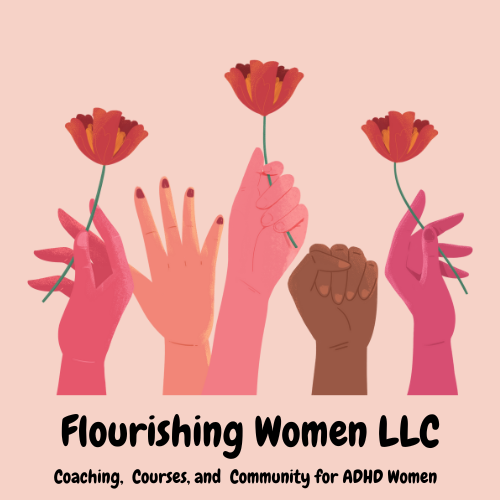Why is Self-Advocacy a Part of the Empowerment Model for ADHD Women?
Introduction
Self-advocacy stands as a pivotal element in the Empowerment Model for ADHD women, not just as a concept but as a practical skill that is actively taught and nurtured in our group settings. It represents a journey towards personal empowerment, where women with ADHD learn to articulate their needs and navigate a world that often misunderstands neurodiversity.
Understanding Self-Advocacy
Self-advocacy is the ability to understand and effectively communicate one’s needs, desires, and rights. It involves making informed decisions and acting on them. For ADHD women, self-advocacy is about recognizing their unique neurological attributes and confidently asserting their needs.
Historical Roots in Disability Rights
Emerging from the disability rights movement, self-advocacy has been a powerful tool for people with disabilities to claim their right to independence and societal participation. For ADHD women, this means advocating for understanding, accommodations, and equal opportunities.
Teaching Self-Advocacy in Our Groups
- Skill Building: In our group sessions, self-advocacy is taught as a skill. Through various exercises and discussions, members learn how to identify their needs and communicate them effectively.
- Role-Playing Scenarios: We use role-playing exercises to simulate real-life situations. This helps women practice how to assert themselves in different contexts – be it at work, home, or in social settings.
- Peer Support: Learning from peers who face similar challenges is invaluable. Group members share their experiences and strategies, offering support and understanding.
- Empowering through Knowledge: We provide information about ADHD and its impact, empowering members with the knowledge to understand their condition better and advocate for themselves more effectively.
- Developing Confidence: Regular group interactions and positive reinforcement help build confidence, a crucial aspect of self-advocacy. As confidence grows, so does the ability to assert one’s needs and rights.
The Focus Beyond Educating Others
While part of self-advocacy can involve educating others, our primary focus is on the empowerment of the individual. Self-advocacy is primarily about understanding oneself, recognizing one’s value, and ensuring that one’s needs are met.
Conclusion
Self-advocacy is a core component of the Empowerment Model for ADHD women. It is not just a theoretical aspect of empowerment but a practical skill that is actively taught and cultivated in our groups. By learning and practicing self-advocacy, women with ADHD can navigate their lives more effectively, confidently asserting their needs and rights in a world that is learning to embrace neurodiversity.
